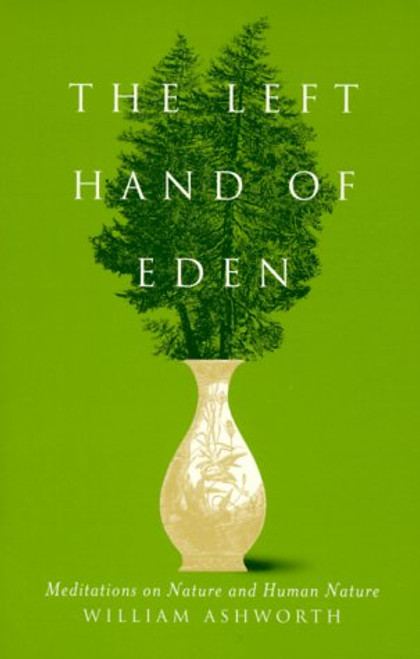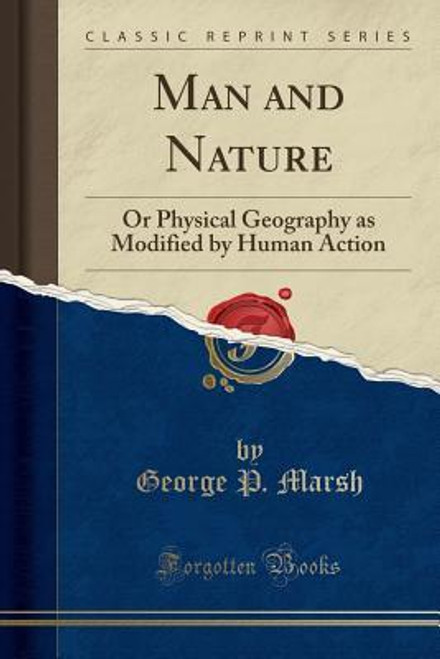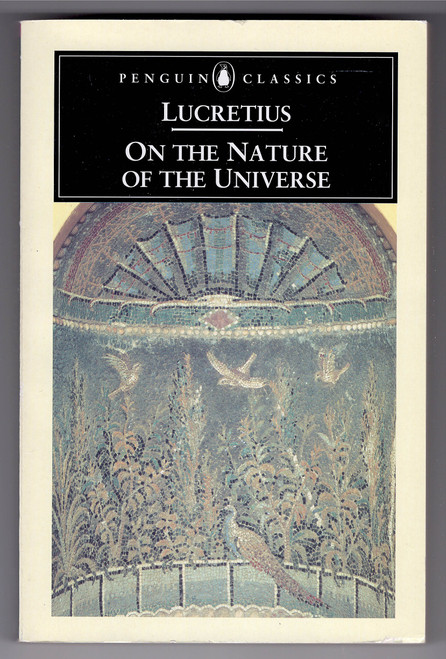The Left Hand of Eden contributes to the growing, often contentious debate on wilderness and forest practices, but does so from an unusual perspective- that of an environmentalist advocating abandonment of wilderness preservation.
A longtime activist, William Ashworth grew frustrated with the environmental movement and its efforts to preserve wilderness. In this provocative book he explores "the disharmony that exists between the law of nature and the laws we use to protect it." Ashworth argues, that wilderness preservation is a form of separation from the land and, as such, is harmful to nature as logging or mining. Treating nature as something "other" - whether to preserved it or destroy it- creates a false dichotomy, from which all modern environmental battle arise: use versus preservation, civilization versus wilderness.
Ashworth presents his bold and original ideas in a series of linked nature essays. In these powerful, poetic writings he shows that proper care for the land requires not just use or reverence, but use with reverence. "Careful use of resources is the key to preserving them," he writes. "It not only works: it is the only thing that ever has."
Editorial Reviews
"William Ashworth's prose is as poetic as it is informative and insightful, and like a good poet, Ahsworth never once settles for the easy conclusion. This is as inviting and provocative a read as I have encountered in a long time." -Alan Reder, author of 75 Best Business Practices for Socially Responsible Companies and co-author of Investing from the Heart
"Ashworth has written about and participated in the environmental movement for many years, an involvement that led him to question the wisdom of such hard-won achievements as the Endangered Species Act and the establishment of wilderness preserves. As much a realist as a naturalist, he recognizes the fatal flaw at the heart of strategies to "save" nature: the idea of separateness from it, of nature as "Other." Just as the presumed "otherness" of blacks, Jews, and aborigines has led to horrific violence and exploitation, condescension toward nature, Ashworth writes, has resulted in our having "raped and murdered and enslaved the wilderness." Forthright, lucid, and as in love with the universe as his heroes, Thoreau and Edward Abbey, Ashworth explains why efforts to protect individual species and officially designated patches of wilderness do nothing to change the attitudes that caused the mess or ensure a more sensible future. Each finely honed and provocative essay prepares the ground for the next, guiding readers toward Ashworth's core tenet: "Protect nothing; venerate everything." -Donna Seaman, Booklist
About the Author
William Ashworth is the author of numerous books on the environment and natural history, including The Late, Great Lakes, The Economy of Nature, and The Wallowas: Coming of Age in the Wilderness, a volume in the OSU Press Northwest Reprints series. He lives in Ashland, Oregon.







